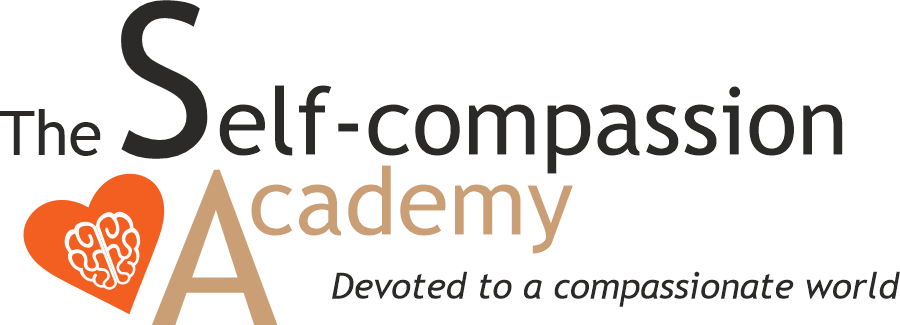You’re in the middle of a workday, and nothing is going the way you want it to. You’ve just sent an email to the wrong person, spilled coffee on your brand-new shirt the moment you noticed, and to top it all off, you’ve missed an important deadline. Terrific. Meanwhile, your inner critic loves it and steps in with a harsh and reproachful voice.
Enter: the self-compassion break. It takes five minutes, and it might just be the kindest thing you do for yourself all day.
What is a self-compassion break?
Psychologist and researcher Kristin Neff developed this simple yet powerful practice to help you respond to difficult moments with the same warmth you’d offer a friend.
It’s not about pretending everything’s fine. It’s about acknowledging that things are hard and choosing kindness anyway. Because let’s face it: the world is tough enough. You don’t need to be your own worst critic on top of that.
Taking a self-compassion break in 3 steps
You can take a self-compassion break anywhere: in the office bathroom, during a walk, in bed after a long day. Just carve out some time and space for yourself. When practiced regularly, a self-compassion break can rewire the way you treat yourself.
- Notice that you’re struggling. Pause for a moment and take a deep breath. Remind yourself that this is a moment of suffering. In your own words, acknowledge what’s happening: “I’m feeling overwhelmed right now”, or “This is really hard”. The key is to recognize your experience instead of bulldozing through it.
- Acknowledge that you’re not alone. Remind yourself that suffering is part of life. Everyone makes mistakes, everyone feels inadequate sometimes. It doesn’t makes you weak or wrong, it just makes you human. This reminder helps you to reconnect to a sense of common humanity: I’m not the only one who feels this way.
- Offer yourself kindness. Place your hand on your heart (a scientifically proven way to soothe your nervous system), or anywhere that feels comforting. Then, say something kind to yourself. Use words that feel natural to you. Speak the way you would to a dear friend. For example: I’m giving myself the kindness I need by acknowledging that this is hard, without beating myself up.”
What kind of pause do you need?
Depending on what you need in the moment, your break can take different forms. A tender break helps you feel soothed and supported when life feels heavy. A fierce break can offer motivation and encouragement when you need a nudge to move forward.
Want to try it? Listen to one of Kristin Neff’s guided self-compassion breaks online. It might be exactly what you need right now.
Tip: Try writing a self-compassion letter as well.
Credits image: Chermiti Mohamed via Unsplash






